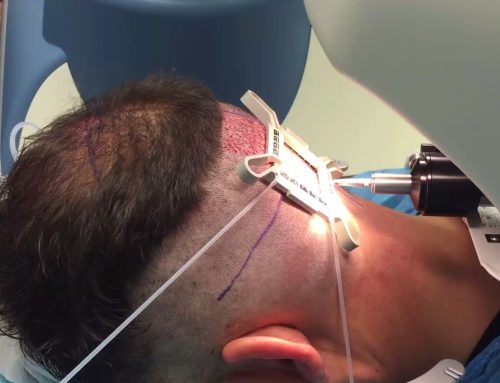Hair transplant surgery is a transformative procedure that not only restores hair but also rejuvenates a person’s confidence and self-esteem. However, like any medical procedure, it must be approached with ethical considerations at the forefront. Ensuring responsible patient care and ethical practices within the realm of hair transplantation is paramount for both patients and practitioners.
1. Informed Consent:
The cornerstone of ethical medical practice is informed consent. Before any hair transplant procedure, it is crucial to ensure that patients fully understand the procedure, its potential risks, benefits, and alternatives. Transparency about possible outcomes and managing patient expectations is essential to foster trust and prevent unrealistic anticipations.
2. Patient Selection:
Selecting suitable candidates for hair transplantation is a vital ethical consideration. Patients should undergo thorough evaluations to determine if they are medically and psychologically fit for the procedure. Unrealistic expectations or medical conditions that may interfere with the surgery need to be carefully assessed and communicated.
3. Honesty in Advertising:
Ethical advertising practices involve presenting the procedure accurately and truthfully to potential patients. Exaggerated claims or misleading information about the outcomes of hair transplantation should be avoided. Providing authentic before-and-after pictures and testimonials can help in maintaining transparency and credibility.
4. Patient Confidentiality:
Respecting patient confidentiality is a fundamental ethical principle. All patient information, including medical records and photographs, should be handled with utmost confidentiality and used only for the purpose of treatment and necessary documentation.
5. Avoiding Exploitation:
Practitioners must avoid exploiting vulnerable individuals who might be desperate to address their hair loss. Offering unnecessary procedures or pressuring patients into undergoing surgery is unethical and goes against the principle of beneficence and non-maleficence.
6. Continuous Education and Professional Development:
Staying updated with the latest advancements, best practices, and ethical guidelines is essential for practitioners. Continuous education ensures that they provide the best care to their patients and maintain the highest standards of professionalism and ethics.
7. Conflict of Interest Disclosure:
Transparency regarding any potential conflicts of interest is crucial to maintaining ethical integrity. Disclosures regarding financial relationships, affiliations, or any other conflicts that might influence medical decisions should be made to the patient.
8. Post-Surgery Follow-Up and Care:
Responsible care extends beyond the surgery. Providing adequate post-operative care and follow-up ensures patients are healing properly and helps in addressing any concerns they might have after the procedure.
In conclusion, maintaining ethical practices in hair transplant surgery is vital for both the patient’s well-being and the credibility of the medical profession. Practitioners must prioritize informed consent, patient selection, and honesty in advertising. Upholding these ethical standards ensures that patients receive the best care possible while fostering trust and professionalism within the field of hair transplantation.







